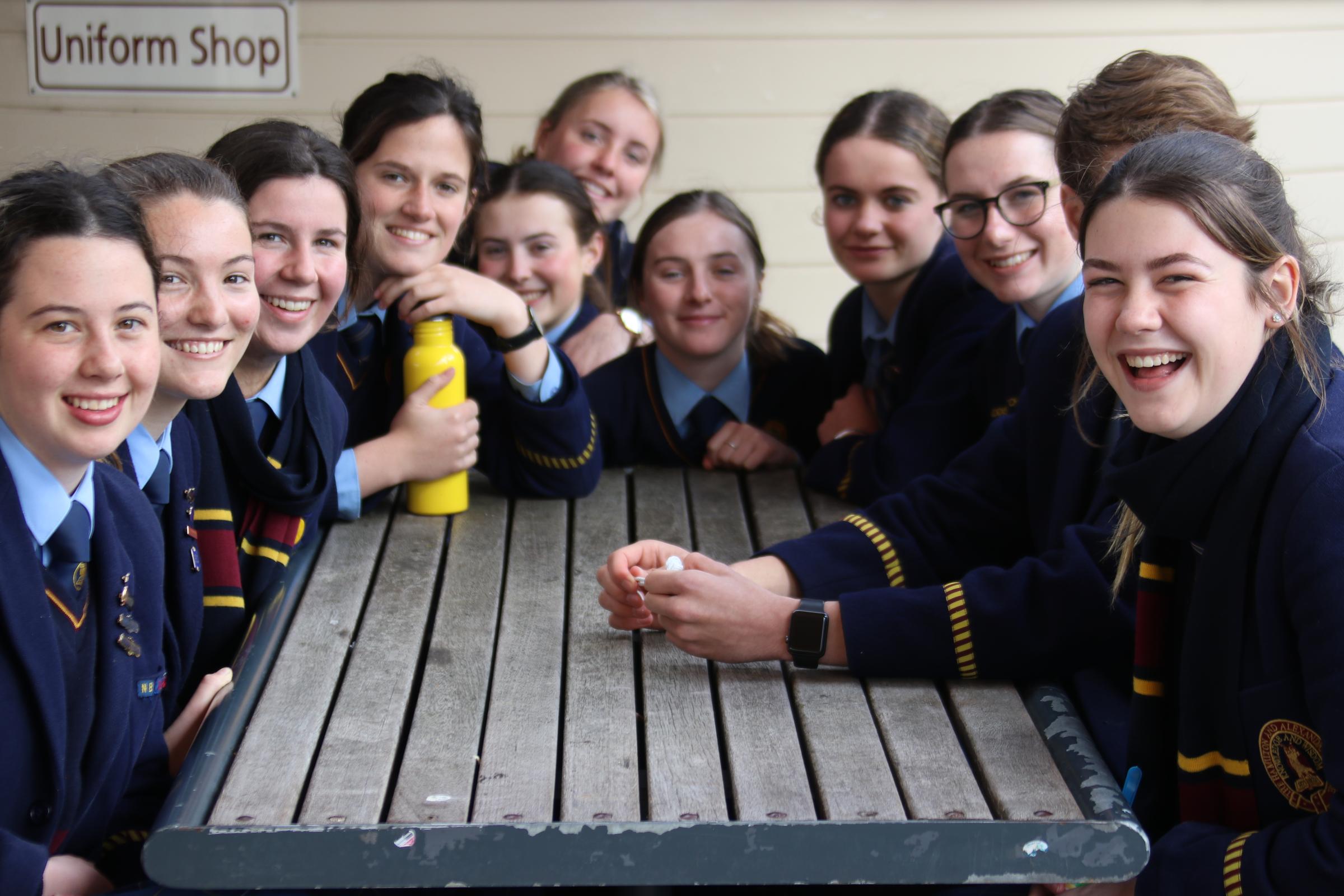I read with interest and a degree of concern an article in the Herald Sun on Saturday 2nd. The article stated that students as young as 8 are sexting and two-thirds of young people have done so. According to Cyber Safety expert Susan McLean there is a growing number of children engaging in this illegal activity. Sadly, many of our students are not yet old enough to understand the consequences of sending or receiving nude pictures.
Below is some important advice from Susan McLean (cybersafety solutions):
What is Sexting?
Sexting is the act of sending sexually explicit messages or photos electronically, primarily between mobile phones, but can include internet applications such as MSN, email, or social networking sites.
Download Fact Sheet
Once photos are sent, there is no way to get them back, and once in cyberspace, they become a permanent part of a person’s digital footprint. This means that they can forever be linked to that person and without a doubt will resurface when least expected, such as a job interview. Whilst the immediate fallout is usually amongst the person’s peer group, school and local community where they can then be used to cyberbully and harass the victim, these images will then most likely fall into the hands or onto the computers of those with the predilection to sexually offend against children and young people. They will also be shared around a local school, community or wider which is very embarrassing and which can lead to further cyberbullying.
It is a criminal offence to take, possess or transmit (share via technology) a naked image of a young person. It doesn’t matter how you came to possess the image, or if you willingly took the photo yourself and sent it on.
It is still an offence. Remember, no-one can give you permission to break the law and you cannot give anyone else permission either.
What many young people and their parents often don’t know is that sexting can
have serious consequences and lead to bullying, public humiliation and even sexual assault. In most cases involving people under the age of 18 year it is illegal.
You could be charged with a criminal offence if:
- You take a nude, semi-nude, or sexually explicit photo of a person under the age of 18, even if they agree to the photo being taken or you take the photo of yourself.
- You take a photo or a video of a person under the age of 18 involved in sexual activity or posing in an indecent sexual manner, even if it is of yourself.
- You are found to have this kind of photo or video on your phone or another device eg: PC, iPod
- You forward this kind of photo or video onto others.
There are some things that both young people and parents can do to make sure mobiles are used safely.
Safety tips for young people
- Don’t send nude or semi-nude photos of yourself to others and don’t forward any sent to you.
- If you receive a sexually explicit text or photo, delete it immediately and don’t forward to anyone else. Tell the person who sent it you don’t want any more texts like this. If the texts keep coming report the situation to your telco who must act to warn the sender. If this does not work go to the Police.
- Think before you act – remember that once you’ve sent something you can’t get it back or control who sees it and that the photo or message might become public and be available for people to see for many years to come
- Remember that drinking and/or taking drugs can impact on your ability to make a safe decision ie taking a photo or sending a message you wouldn’t normally take/send if you were sober. Be aware of your behaviour in these situations as others have phones too!
- Think about your future and how you want people to see you – a picture taken now can have the potential to damage relationships and your career down the track. Your digital reputation is very important.
- Don’t feel pressured into sending texts you don’t feel comfortable with – as, with any sexual behaviour, you have the right to say ‘no’.
- As a general rule, don’t have anything on your phone you could be embarrassed about.
Safety tips for parents
- Talk to your children about the consequences of sexting, including warning them about the dangers of sexual predators
- Remind them that sending, receiving or forwarding sexual images is illegal, and that respectful behaviour is just as important when using mobile phones.
- Give children clear rules about what they can and can’t do with their mobile phone.
- Become familiar with the technology your child is using ie Facebook, Tumblr, Twitter, Skype etc and talk to them about privacy/security settings to help protect themselves from bullying/predators. Remember that most phones have instant access to the internet and social networking sites.
- Encourage your children to talk to you or another adult they trust if they have any problems or concerns around texts they have sent, received or forwarded, and reassure them this won’t necessarily mean they will be asked to stop using the technology.
Kristen Waldron
